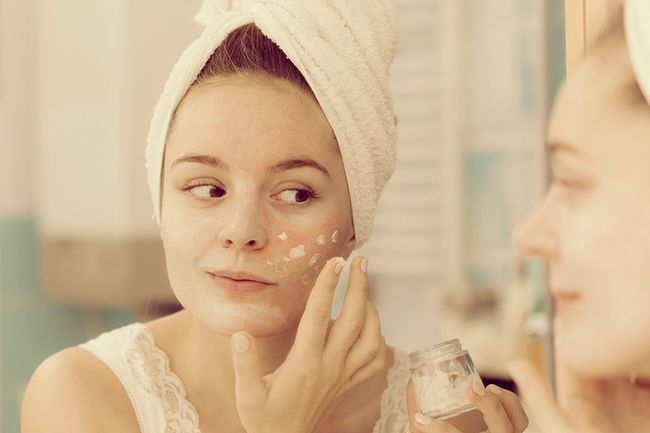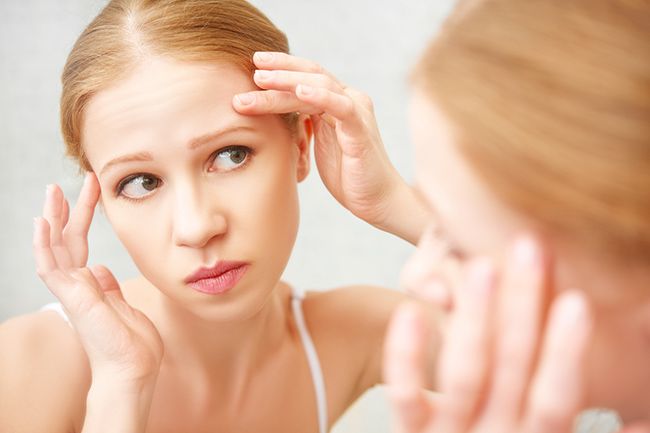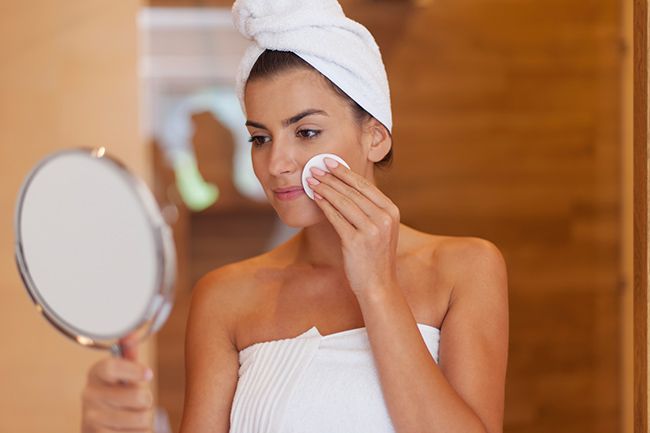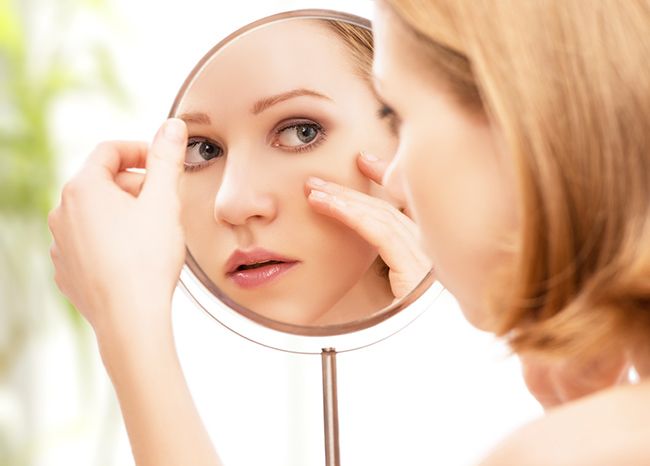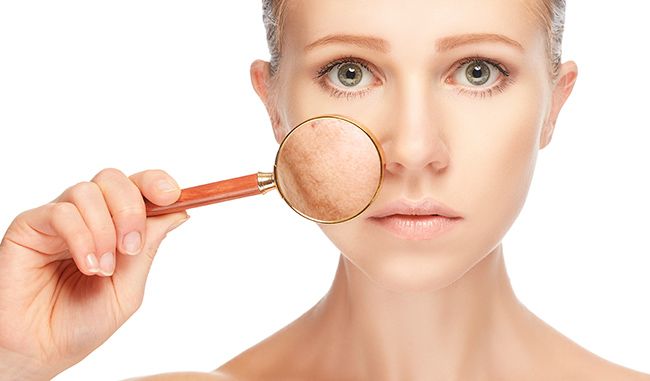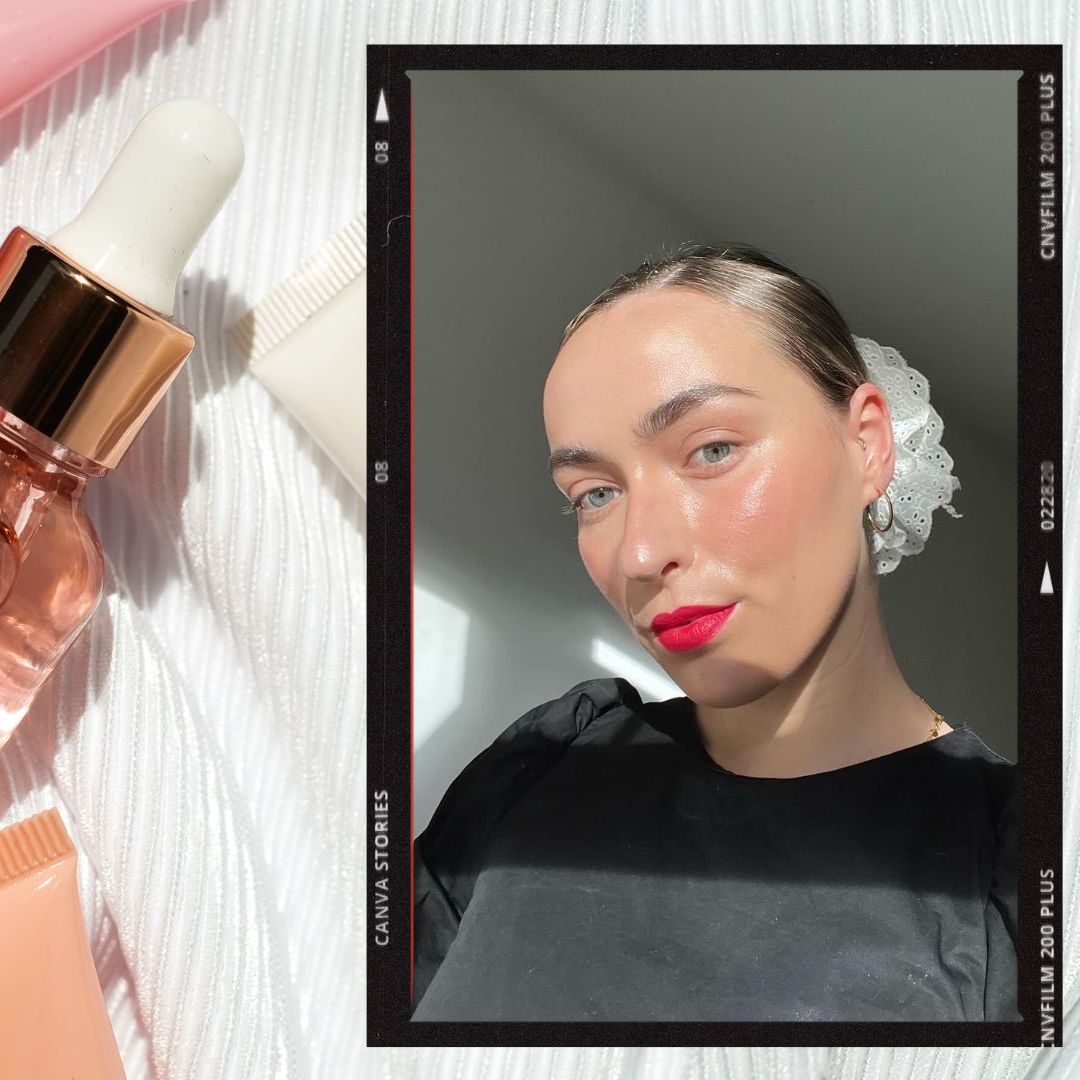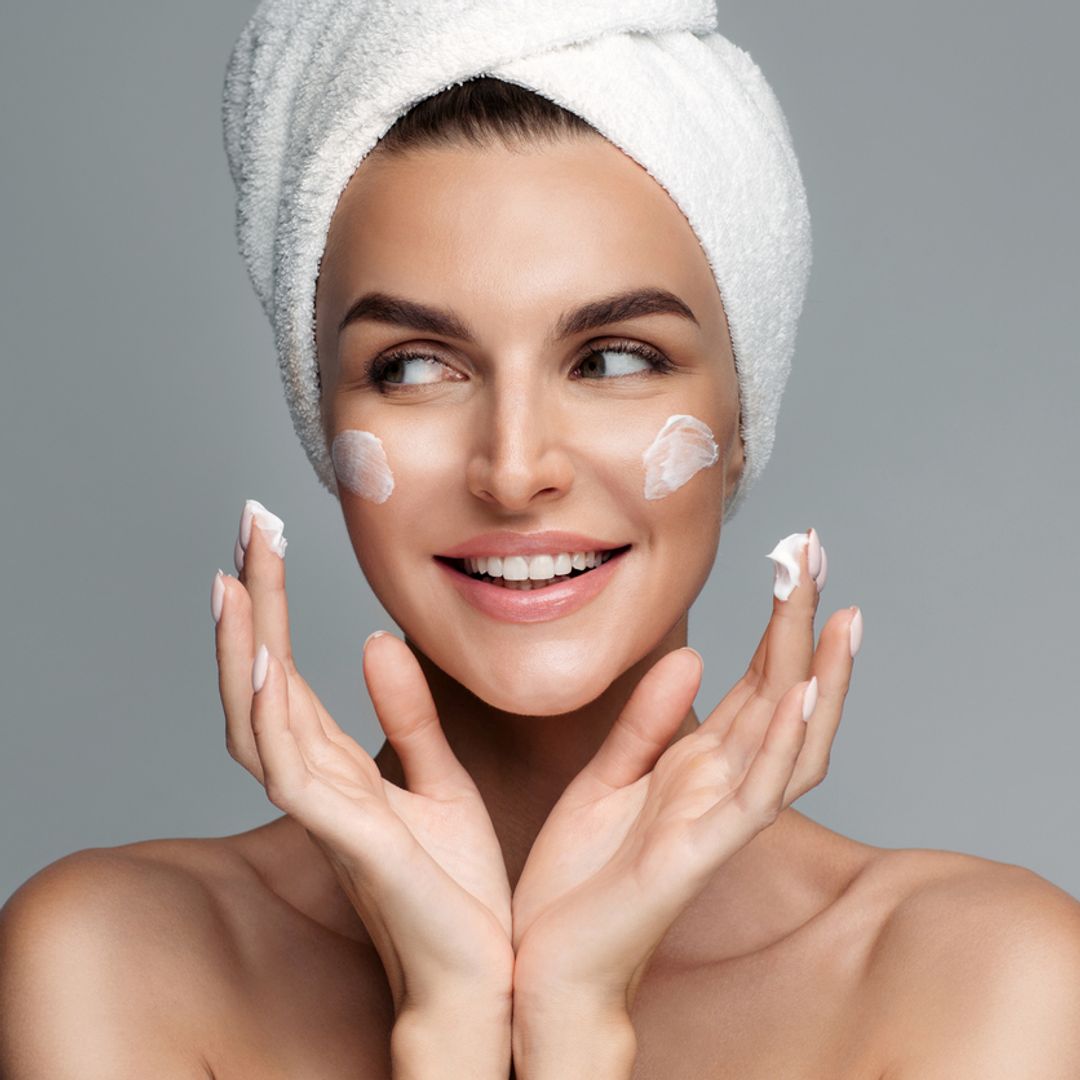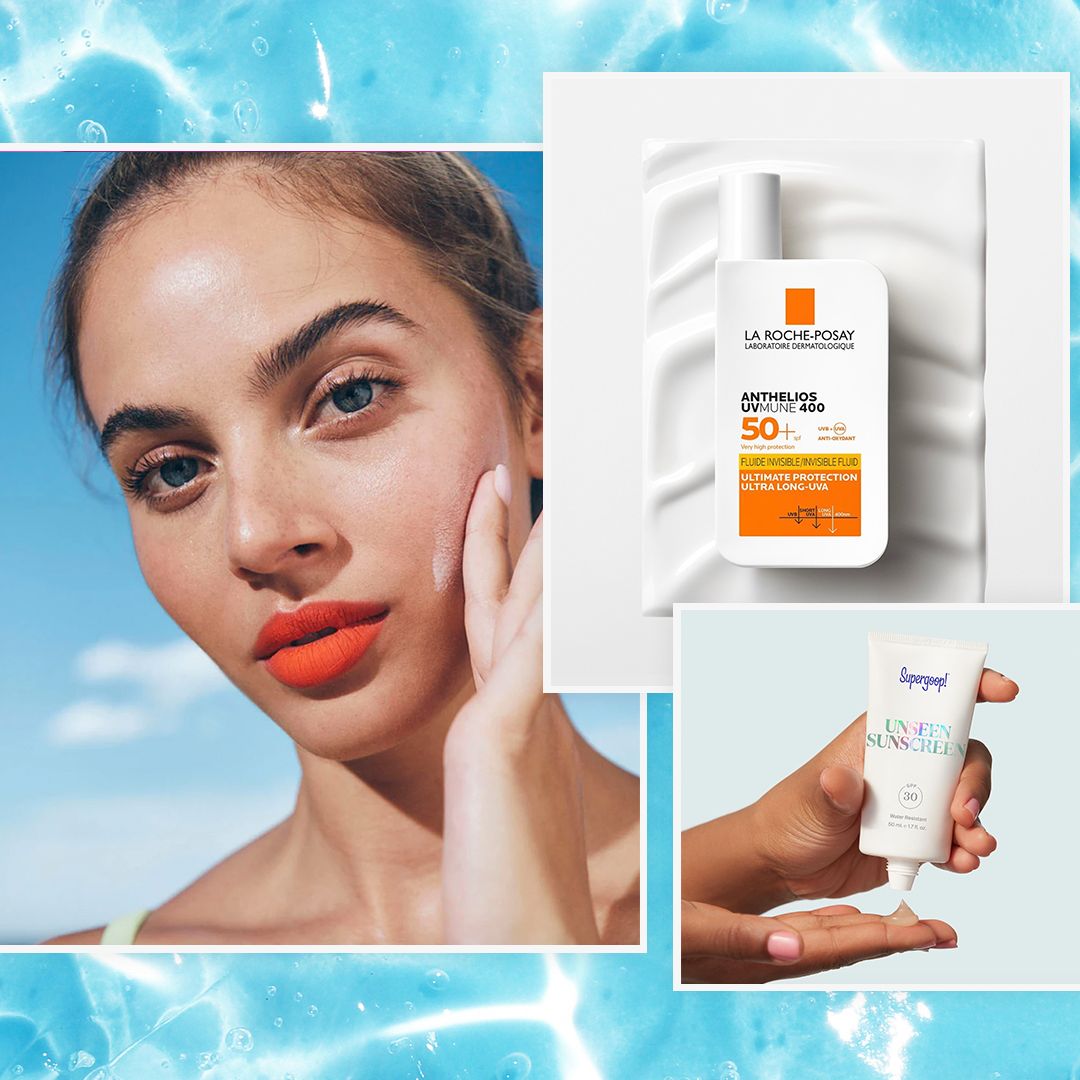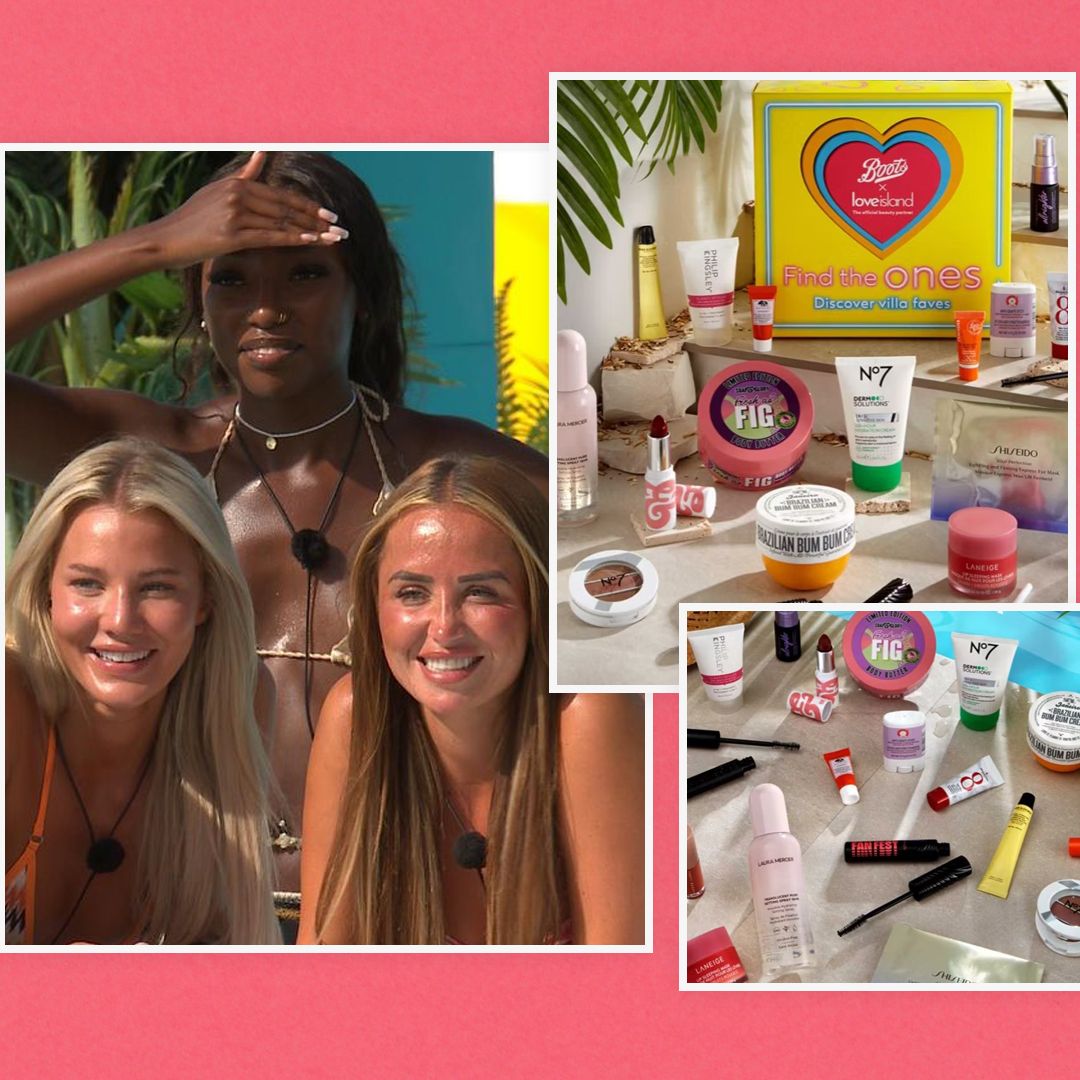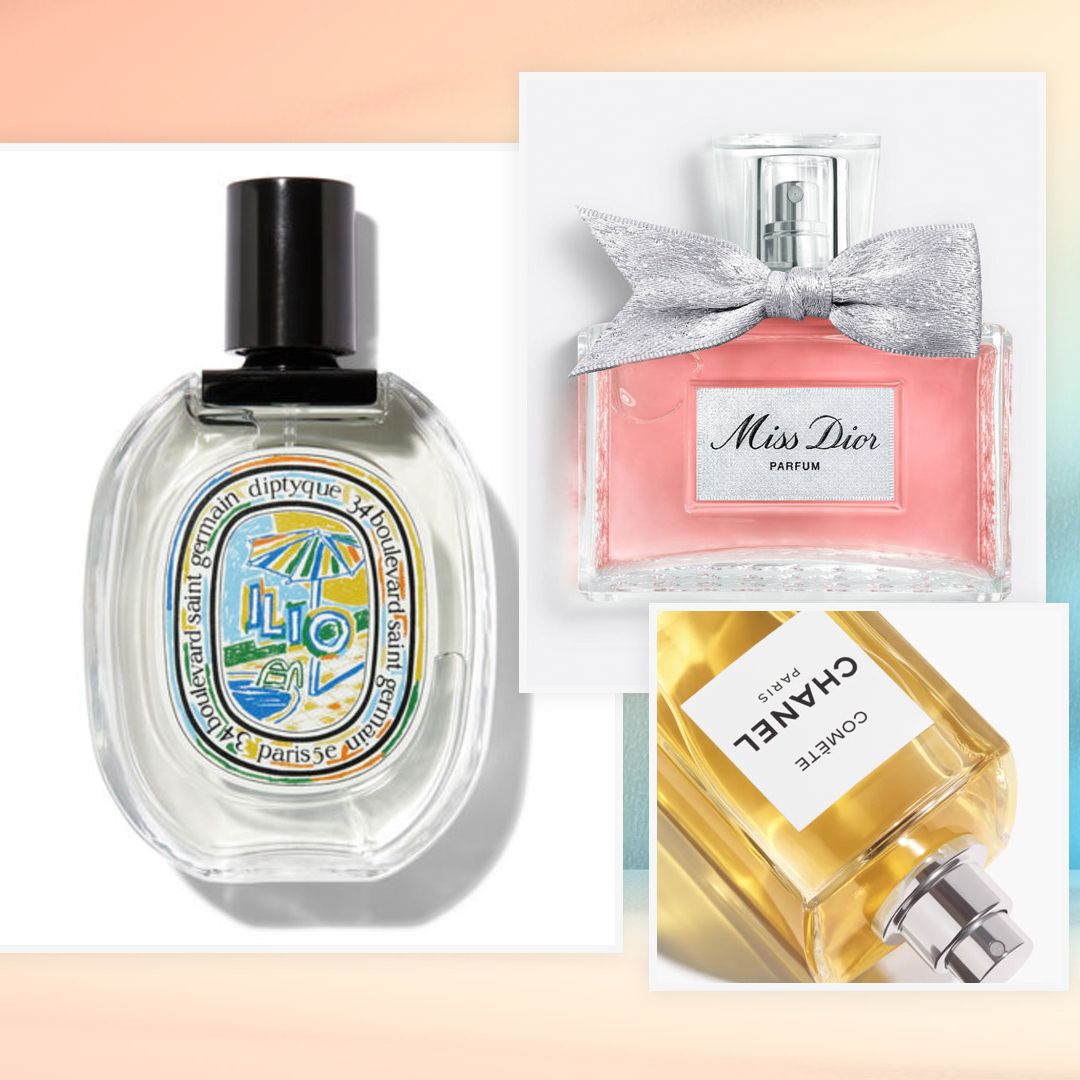Commonly associated with teenage years, it is estimated that 80 per cent of us will have acne at some point in our lives. HELLO! beauty editor Nadine Baggott turned to skincare guru Dr Nick Lowe to get his advice on how you can break free from breakouts.
Acne is something you assume you will leave behind once you are out of your teens, but that is not always the case. According to Dr Nick Lowe, consultant dermatologist and clinical professor of dermatology, it is one of the leading causes of visits to doctors – at any age.
Dr Nick Lowe shared his top tips for getting rid of acne
"Most commonly it starts with adolescence, but many women have acne in their 20s, 30s, and even 40s and 50s," says Dr Lowe, the co-author of Perfectly Clear, a practical guide to stopping acne and spots. "In some women it can continue throughout their entire life."
Whether you suffer from the odd spot, breakout or blemish, or have full-blown acne, Dr Lowe says that, ultimately, they are all the same.
"They are all terms for the same skin problem, acne, which is caused by hormones, with increased harmful bacteria, leading to oily skin, blackheads, whiteheads and inflamed spots. The condition is sometimes associated with stress, certain medicines, acne-forming creams and cosmetics or pregnancy and it can be disfiguring, embarrassing and distressing."
There are six grades of acne
There are different grades of acne:
Grade one – mild: You suffer from occasional red spots, blackheads, whiteheads and mild oiliness, usually on your face.
Grade two – moderate: Sufferers have inflamed red sports on the forehead, nose and chin.
Grade three – severe: Inflamed spots are frequent, as are blackheads, whiteheads and skin oiliniess.
Grade four – very severe: Inflamed spots become swollen and painful and can lead to scarring.
Grade five – extremely severe: Larger, painful red lesions called nodules develop, which go deeper into the skin and are highly likely to leave scars.
Grade six – most severe: In addition to nodules and bumps, burst nodules under the skin result in purulent sacs or cysts.
Many patients wait up to a year before speaking to their GP
Remarkably, despite the misery that acne can cause, some sufferers don't seek help. "Many people with acne will try self-treatment before seeing a physician," says Dr Lowe.
"Five per cent of acne patients wait over a year before seeing a GP, a skin specialist or dermatologist. And 25 per cent of people with acne will never seek a consultation and will use non-prescription products or give up on treatment altogether."
CLICK HERE FOR MORE SKINCARE TIPS
While emphasising that "no single acne treatment works for everyone", he does urge that you seek medical advice as soon as possible, particularly if your acne is grade three or four.
He also recommends a self-help regime that includes using an oil-reducing cleanser, avoiding harsh toners or cleansers containing alcohol and looking for over-the-counter treatments with salicylic acid, to exfoliate skin and clear blocked pores, and niacinamide, to reduce oiliness.
If these do not work, you will need a prescription from a doctor. "You should see a dermatologist or physician if you have tried over-the-counter products and not found them effective enough," says Dr Lowe, adding that this particularly applies if your acne is getting worse, leaving scars or marks, your skin is making you unhappy or your spots are affecting your social life or work.
There are a range of ways to combat aDr cne and get rid of spots
Prescription options include:
Topical applications including gels, lotions and creams featuring ingredients such as salicylic acid, benzoyl peroxide, niacinamide, azelaic acid, antibiotics and vitamin A-derived retinoids.
Tablets including oral antibiotics and even the contraceptive pill. Also the diuretic spironolactone, which reduces androgen, a hormone that stimulates the oil glands in the skin. Finally, you can get an isotretinoin, a vitamin A-derivative, called Roaccutane.
In-clinic treatments including suction microdermabrasion, chemical peels, laser and intense pulsed light, photodynamic therapy and cortisone injections.
"Your GP may be knowledgeable about acne or will be able to transfer you to an NHS specialist," says Dr Lowe. "You can also refer yourself to a dermatologist or skin physician privately."
Dr Lowe shared his tips with HELLO! beauty editor Nadine Baggott
Treating acne is a stepped approach, usually starting with the topical treatments and working up to the most dramatic option, Roaccutane. Like any drug, this has a number of side effects that must be weighed up and monitored; however, it has been shown to be successful in patients whose severe inflammatory acne has not responded to other treatments.
"In our experience, 70 per cent of patients remain clear or nearly clear of acne on Roaccutane," says Dr Lowe.
Above all, remember that it is possible to beat acne. You do not have to suffer in silence.
Perfectly Clear: The Perfect Guide to Clear Skin by Dr Nick Lowe and Dr Philippa Lowe (Matador, £14.99) is out now.

